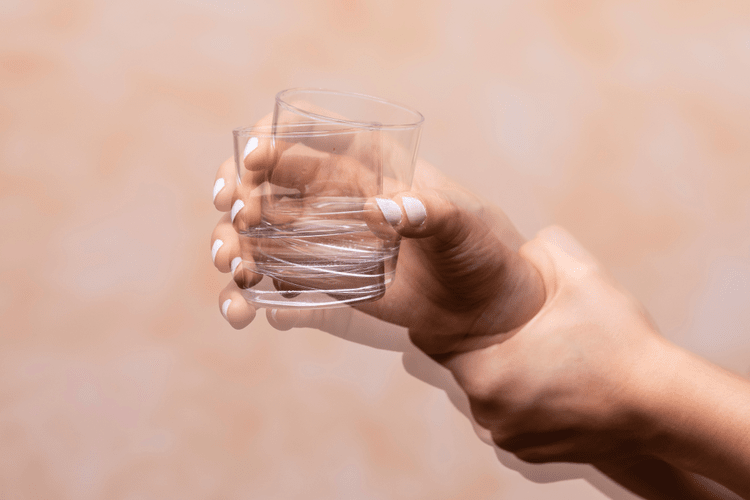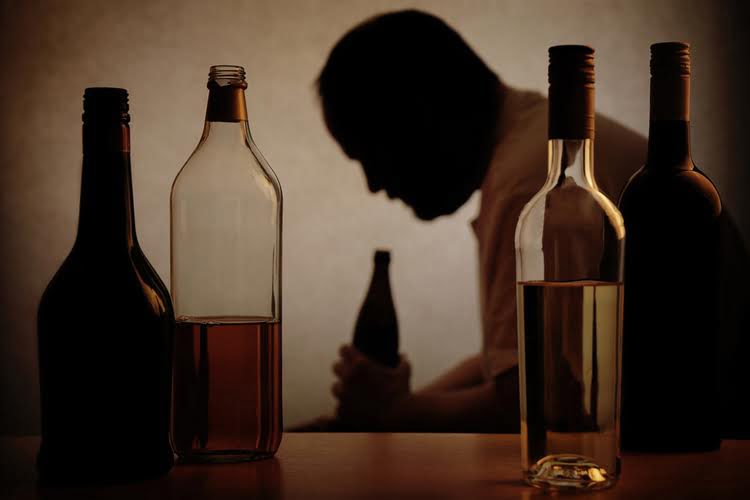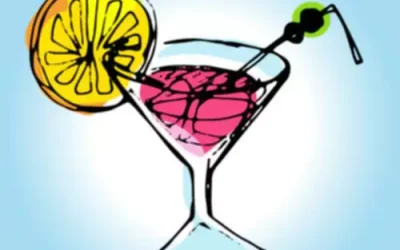Content
If you’re feeling hungover without drinking alcohol for a prolonged period of time, it may be due to an underlying undiagnosed medical condition. Alcohol metabolism also varies from person to person, depending on factors such as gender, age, and weight. It’s essential to understand the effects of alcohol on your body and how it can affect your behavior. If you choose to drink, it’s important to do so responsibly and in moderation. As your BAC levels rise, the effects of alcohol become more pronounced. At a BAC of 0.02%, you may experience a slight feeling of relaxation or euphoria.
And once you had enough drinks to pass the buzzed stage, you’ll likely start to feel drunk. “Medical attention should be sought during prolonged periods of vomiting because that can result in dangerous electrolyte abnormalities and severe dehydration. That’s because when you’re drunk, that means that the alcohol has already reached your brain. This leads to the feelings of invincibility or willingness to be spontaneous that come with drinking alcohol. It is also related to feelings of increased self-confidence. When a person drinks a lot in a short period of time, they’re more likely to have a severe hangover than someone who drinks more slowly.
The Four Stages of How Drinking Affects Your Brain
Meanwhile, GABA is also busy turning off the brakes on a system that releases dopamine, the molecule that takes centre stage in all varieties of addiction. Well, when you take off the brakes, the car starts to move. Pace yourself and drink water in between alcoholic drinks so that your brain won’t get dehydrated.

As you consume more and more alcohol, you may feel your mood worsening and your anxiety skyrocketing. When you consume alcohol, it is absorbed through the stomach lining and into the bloodstream. From that first sip, it takes only five minutes to reach your brain where feel-good endorphins are released. These work to ease stress and anxiety, reduce feelings of pain, and boost mood. Alcohol also increases GABA, which calms the brain, and decreases glutamate, an excitatory neurotransmitter.
How to Sober Up Quickly
Instead of drinking beer or wine, I began bringing my kombucha to parties. We each have our own individual reasons for why we drink wine, beer, or hard liquors. The short-term behavioral effects of alcohol share the same traits as the short-term effects of other drugs. The greater the dose, the greater the effects — and the higher the peak from which you nosedive. Recently, however, some people who abuse alcohol have tried to find ways to get drunk without the calories, hangover, or other side effects.
The vast majority of people who consume alcohol excessively drink it, sending it through their digestive system, absorbing the high number of calories, and causing damage to their livers. You enter this stage when blood alcohol levels increase to 0.18–0.3 gram%. The intoxication will start to impact your cerebellum, the area of the brain that controls coordination.
How Alcohol Affects the Body
When it comes to how long alcohol stays in your system, the amount and types of food you consume while drinking play a significant role. Eating a meal before or while consuming alcohol can slow down the rate at which alcohol is absorbed into your bloodstream. This is because food in your stomach helps to dilute the alcohol and slows down its absorption.

It’s also why it’s so dangerous to drive after you have been drinking. Some people are more likely to get sick or feel the effects of being drunk sooner than others. Factors such as age, sex, tolerance, body size, amount of food eaten, and whether other drugs have been used can all affect a person’s state of mind while drinking. If you’ve never been drunk, it can be hard to understand what it feels like and why it becomes so addictive.
That’s not all, folks: Other factors
Of course, no doctors are giving out prescriptions for alcohol. Still, while drinking certainly negatively impacts health, some forms of alcohol do provide molecules that benefit the human body. For example, wine contains resveratrol, an antioxidant being investigated for its potential to protect the body against oxidative stress and inflammation. Whiskey also contains polyphenols, which might help to promote healthy cholesterol levels. But the negative long-term effects of alcohol certainly outweigh the potential benefits.
However, what you may not realize is that you can experience the same sensations of being drunk without actually consuming alcohol. What does it mean when you feel drunk even though you don’t drink? Therefore, it’s important to be attentive and listen to the cue your body is giving you. Disorientation, drowsiness, being detached from reality, and dizziness are some of the most common sensations you experience when you drink too much alcohol.
On the other hand, consuming alcohol on an empty stomach can lead to faster absorption, causing higher blood alcohol concentration (BAC) levels. At this stage, you will experience disorientation, blackouts, and short-term memory loss, and temporary loss of consciousness. People are at higher risk of what is the feeling of being drunk injury at this level of intoxication since the pain threshold level increases. They will not feel the pain of injury until later when sober. You enter the second level of intoxication when your brain starts to release endorphins. Your blood alcohol content is within the range of 0.03–0.12 gram%.
One study found that heavy drinking increased the risk of adverse interactions among couples and young adults. One study found that those who commit suicide are often intoxicated at their time of death. The same study also revealed that alcohol intoxication increases suicide risk up to 90 times compared to alcohol abstinence.
You will also lose a significant amount of motor function and slows down stimulus responses. If not properly addressed, this could lead to respiratory arrest, arrhythmia, and seizures. So, next time you’re advised to “drink responsibly”, at least now you have an idea of how to do that.
- So, next time you’re advised to “drink responsibly”, at least now you have an idea of how to do that.
- If not properly addressed, this could lead to respiratory arrest, arrhythmia, and seizures.
- At this rate, you will experience severe impairment of your sensory functions as well as your mental and physical capabilities.
- Several countries have given a green light to recreational and medical cannabis, partly restoring the herb’s tarnished image.
- Also, I was always able to drive everyone else home safely after a night of drinking.
- However, what you may not realize is that you can experience the same sensations of being drunk without actually consuming alcohol.
Your hydration level can significantly influence how long alcohol stays in your system. Alcohol is a diuretic, meaning it increases urine production, https://ecosoberhouse.com/article/what-is-the-life-expectancy-of-an-alcoholic/ which can lead to dehydration. When you are dehydrated, your body’s ability to process and eliminate alcohol becomes less efficient.
Sobriety or low-level intoxication
Also, I was always able to drive everyone else home safely after a night of drinking. After months without alcohol, I realized I didn’t even need it in social settings. Yet, there is something odd about everyone else having a drink in their hand and you having nothing. However, those feel-good vibes can quickly turn to confusion, slurred speech, and risky decisions.






